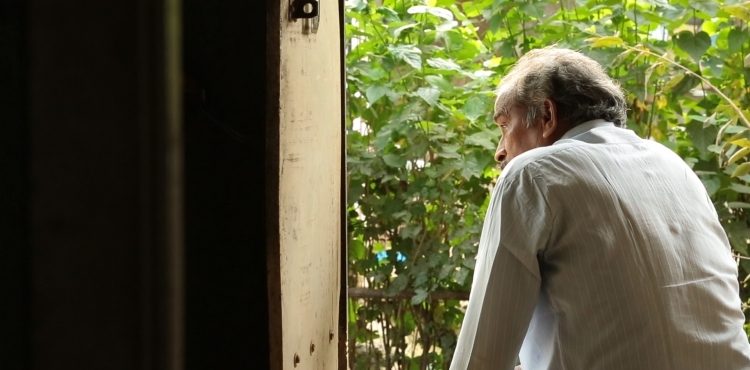
Challenges facing individuals and researchers: suicide in India in the COVID-19 pandemic
The COVID-19 pandemic has had considerable impact on the mental health and wellbeing of individuals. Researchers suggest a spike in deaths by suicide during the COVID-19 pandemic. This has emphasized the importance of identifying changes to the risk of suicide and working towards its prevention by extending more help to the distressed people.
There are numerous reasons responsible for the mental health impact of the pandemic in India. Many daily wage labourers and migrant workers have lost their jobs due to the lockdown, have little to sustain their livelihoods, are starving to death and in general are very stressed.
Stigma is another reason that adds to the mental health treatment gap. The way communities view individuals who are either affected or are at increased risk of COVID-19 infection is critical to whether they seek treatment or not. This has caused increased levels of stress and anxiety among the discriminated.
Even before the pandemic, good quality data including timely data on cause of death was not available in India. Reporting of deaths by suicide is often not captured accurately by the National Crime Records Bureau, because of mental health stigma. Due to fears of involving the police and the bureaucracy; family members often avoid mentioning the true cause of death.
An essential point to consider is whether the quality of data related to suicides is even worse now, given that there seems to be an increase in under-reporting and that there is even less monitoring, because most of the administration is focused on managing the pandemic.
It is imperative that mental disorders in communities should be identified and managed using strategies that are easy to implement. This can be done using technology-enabled solutions that can be scaled up through suitably trained primary health-care workers and to make mental health care more accessible to larger sections of the community.
The Indian Government should strengthen policies specific to the treatment and management of suicide cases (especially attempted cases).
A stronger effort needs to be made to streamline the process of collating information about suicides, both in rural and urban areas and using confirmation from verbal autopsy or other robust methods. These efforts might help in understanding the number and nature of suicides more accurately, especially in such challenging times. More counselling centres and/or helplines should be provided. Family counselling and additional support needs to be given to people with alcohol and substance use disorders. Communities should be educated about mental health stigma and how mental health problems can be aggravated during this pandemic by ostracising anyone affected or at high risk of infection.
Download original article published in The Lancet (PDF 34.8 KB)




